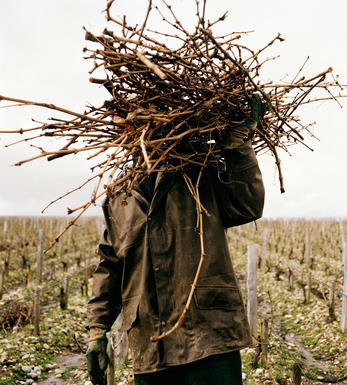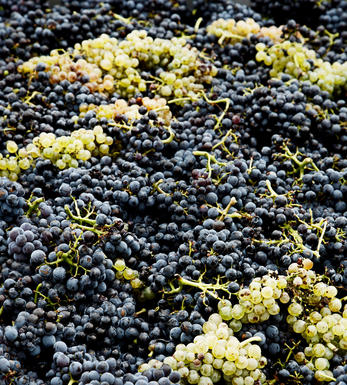
Critics reviews
Deep garnet. Fresh, dusty cassis, just slightly leafy on the nose. On the palate, more savoury and complex, showing the mix of varieties with no one dominant. It has that rocky quality that the name suggests, and a fine dry finesse to the texture. Elegant, still embryonic but promising.
Julia Harding, jancisrobinson.com. 13th September 2016
About this WINE

Vina Koyle
Viña Koyle was founded in 2006 by Alfonso Undurraga Mackenna, former CEO of Viñas Undurraga, and his three sons and daughter at Los Lingues in the high Colchagua valley. This 60 hectare wine property has espoused organic and biodynamic principles from its inception.
Benefiting from five differing soils of volcanic origin, the property has taken great care to optimise the grape variety to soil type and vineyard microclimate. The wines are all fermented without excessive extraction to allow the fruit to be expressive and the oak regime is designed to complement rather than overwhelm the nose and palate.

Other Varieties
There are over 200 different grape varieties used in modern wine making (from a total of over 1000). Most lesser known blends and varieties are traditional to specific parts of the world.



Buying options
Add to wishlist
Description
A truly exciting wine from one of Chile’s most forward-thinking wineries, this is a blend of Monastrell, Garnacha, Cariñena and Syrah, grown on a hillside vineyard in Los Lingues. The soil here is (volcanic) decomposed basalt. Cerro Basalto is flamboyant – with heady aromas including fresh raspberries, dried herbs and black olives – yet well-defined. It is partially aged in concrete eggs, something of a speciality for Koyle. Try it with well-seasoned meat or any vegetarian dishes.
Will Heslop, Buyer. Berry Bros. & Rudd
wine at a glance
Delivery and quality guarantee